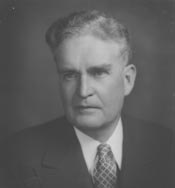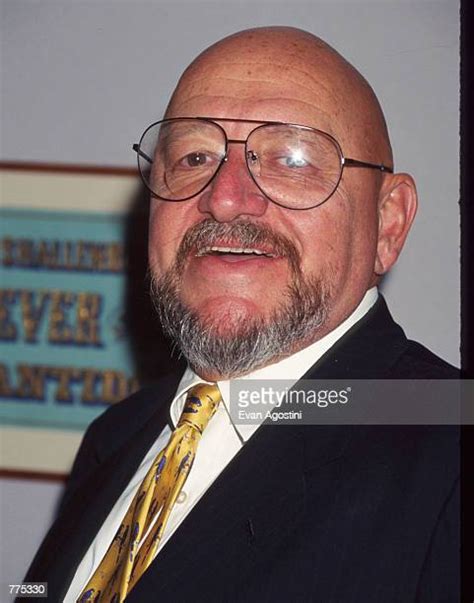A Quote by Robert Cailliau
The forced influence of advertising has given us completely useless TV. You don't want that on the Net. But most on-line information providers need to attract advertising - which slows download times and clutters the screen with windows.
Related Quotes
The faults of advertising are only those common to all human institutions. If advertising speaks to a thousand in order to influence one, so does the church. And if it encourages people to live beyond their means, so does matrimony. Good times, bad times, there will always be advertising. In good times, people want to advertise; in bad times they have to.
Advertising works most effectively when it's in line with what people are already trying to do. And people are trying to communicate in a certain way on Facebook - they share information with their friends, they learn about what their friends are doing - so there's really a whole new opportunity for a new type of advertising model within that.
The fact is that much of advertising's power comes from this belief that advertising does not affect us. The most effective kind of propaganda is that which is not recognized as propaganda. Because we think advertising is silly and trivial, we are less on guard, less critical, than we might otherwise be. It's all in fun, it's ridiculous. While we're laughing, sometimes sneering, the commercial does its work.
We tell the for-profit sector, 'Spend, spend, spend on advertising until the last dollar no longer produces a penny of value,' but we don't like to see our donations spent on advertising in charity. Our attitude is, 'Well look, if you can get the advertising donated (at four o'clock in the morning) I'm okay with that, but I don't want my donation spent on advertising, I want it to go to the needy,' as if the money invested in advertising could not bring in dramatically greater sums of money to serve the needy.
The counsel on public relations is not an advertising man but he advocates for advertising where that is indicated. Very often he is called in by an advertising agency to supplement its work on behalf of a client. His work and that of the advertising agency do not conflict with or duplicate each other.
Advertising and the free society are closely connected. Advertising helps to make a free society remain so by increasing competition, and by helping to maintain the freedom of the mass media themselves. The free society is one where advertising and advertising agencies are likely to be in considerable demand, though it is true that even in a totally centralist society there would still be a need for organisations and people to have access to mass communication media.




































